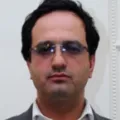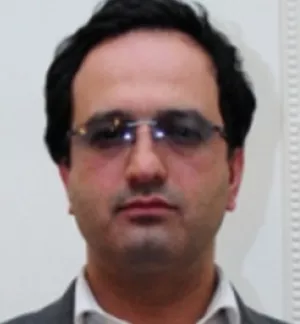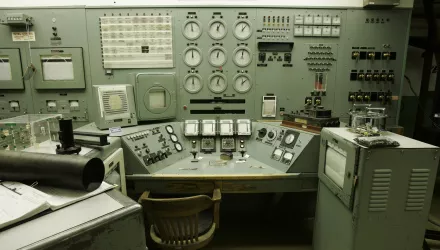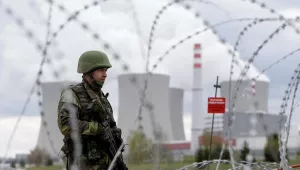Global Forum
IT IS 6 MINUTES TO MIDNIGHT
ABSTRACT
As the writers in this symposium illustrate, dealing with Iran's nuclear program is one of the most important foreign policy issues of the day. Years of stalled talks, diplomatic dead-ends, and sanctions have made it difficult to see exactly where progress has been made and what efforts are worth pursuing. In this Global Forum, leading foreign policy experts weigh in from around the world on the options for how to move forward with Iran-from diplomacy to fuel swaps to military strikes. Whatever their proposed solutions, the writers express one common theme: We ignore Iran at our own peril. From the US, Thomas R. Pickering (2010), Lawrence J. Korb (2010), and Bennett Ramberg (2010); from Turkey, Mustafa Kibaroglu (2010); from Iran, Kayhan Barzegar; and from Israel, Emily B. Landau (2010). Over the months of November and December, this forum will continue at www.thebulletin.org.
Behind Iran's nuclear program is a national will that supports Tehran's defense of its nuclear activities—even in the face of sanctions, international pressure, and military threats. Historic confrontations between the West (EU-3, and then the P5 + 1) and Iran have achieved negligible results, at best.
But despite discrepancies in international understanding of Iran's nuclear ambitions, Iran's nuclear issue has yet to reach an absolute stalemate—and pursuing a win-win strategy will better serve both parties’ interests. Iran's nuclear strategy must be better understood as a means to a more diplomatic end to this dispute.
In short, Iran's nuclear strategy is based on mastering the independent nuclear fuel cycle, seeking a cooperative relationship with the International Atomic Energy Agency (IAEA) according to its Safeguards Agreement, and enhancing regional and global nuclear disarmament. While Iran's progress in moving forward with the elements of this strategy brings challenges for the P5 + 1 group—namely reaching consensus on the mutual interests of all concerned parties—Iran supports continued discussions with this group to find a result acceptable to all parties in the diplomatic process....
Continue reading: http://bos.sagepub.com/content/66/6/109.full
Barzegar, Kayhan. “The Iranian Quagmire: How to Move Forward. Position: Tit-for-Tat Diplomacy.” Bulletin of the Atomic Scientists, November/December 2010
The full text of this publication is available via Bulletin of the Atomic Scientists.




